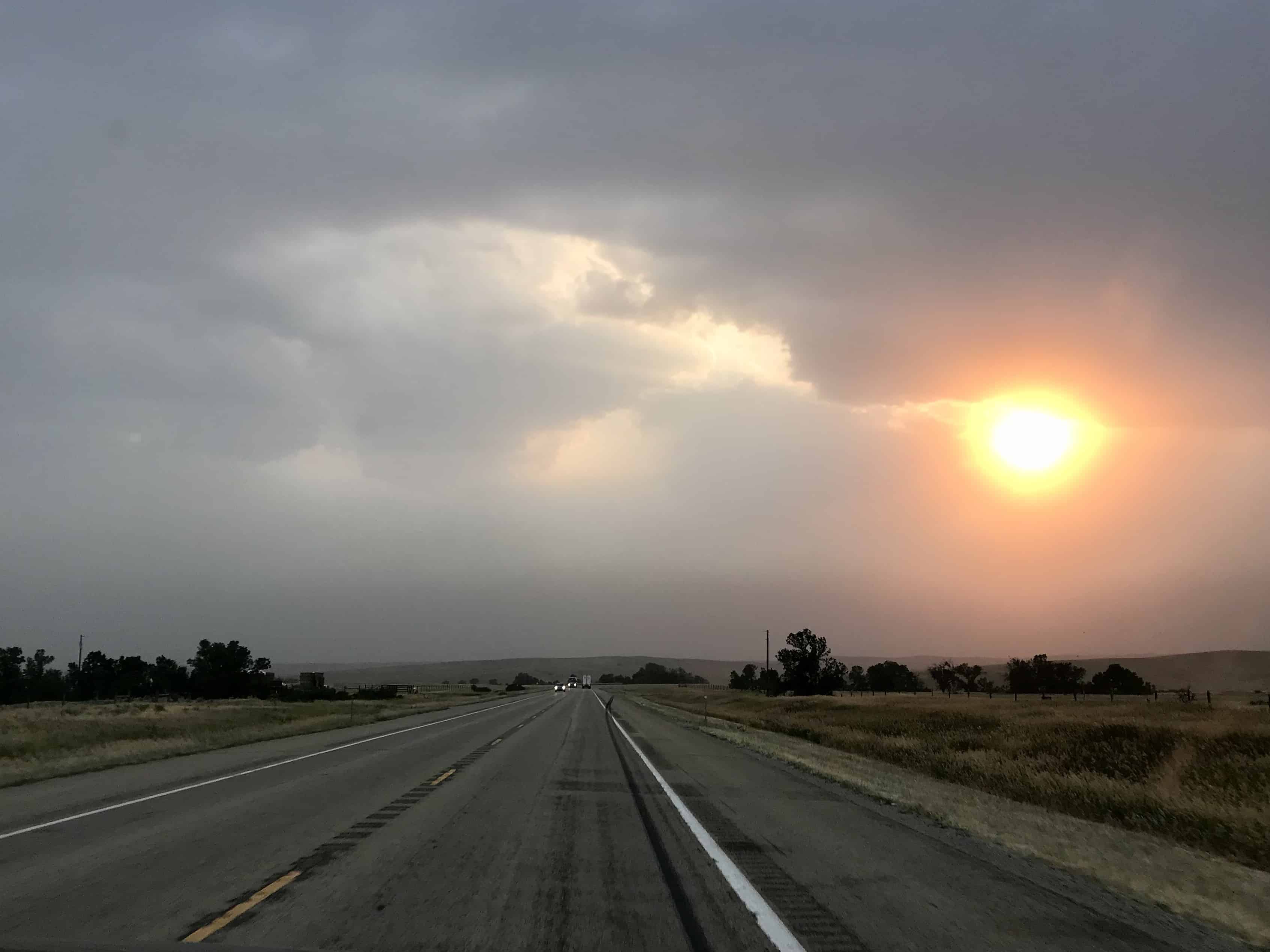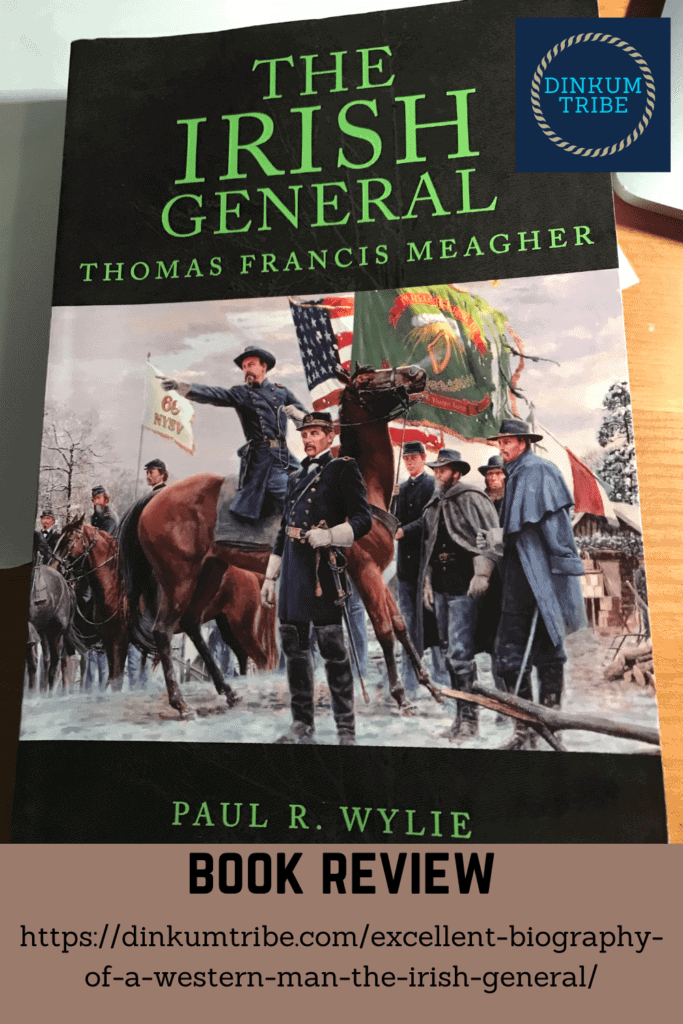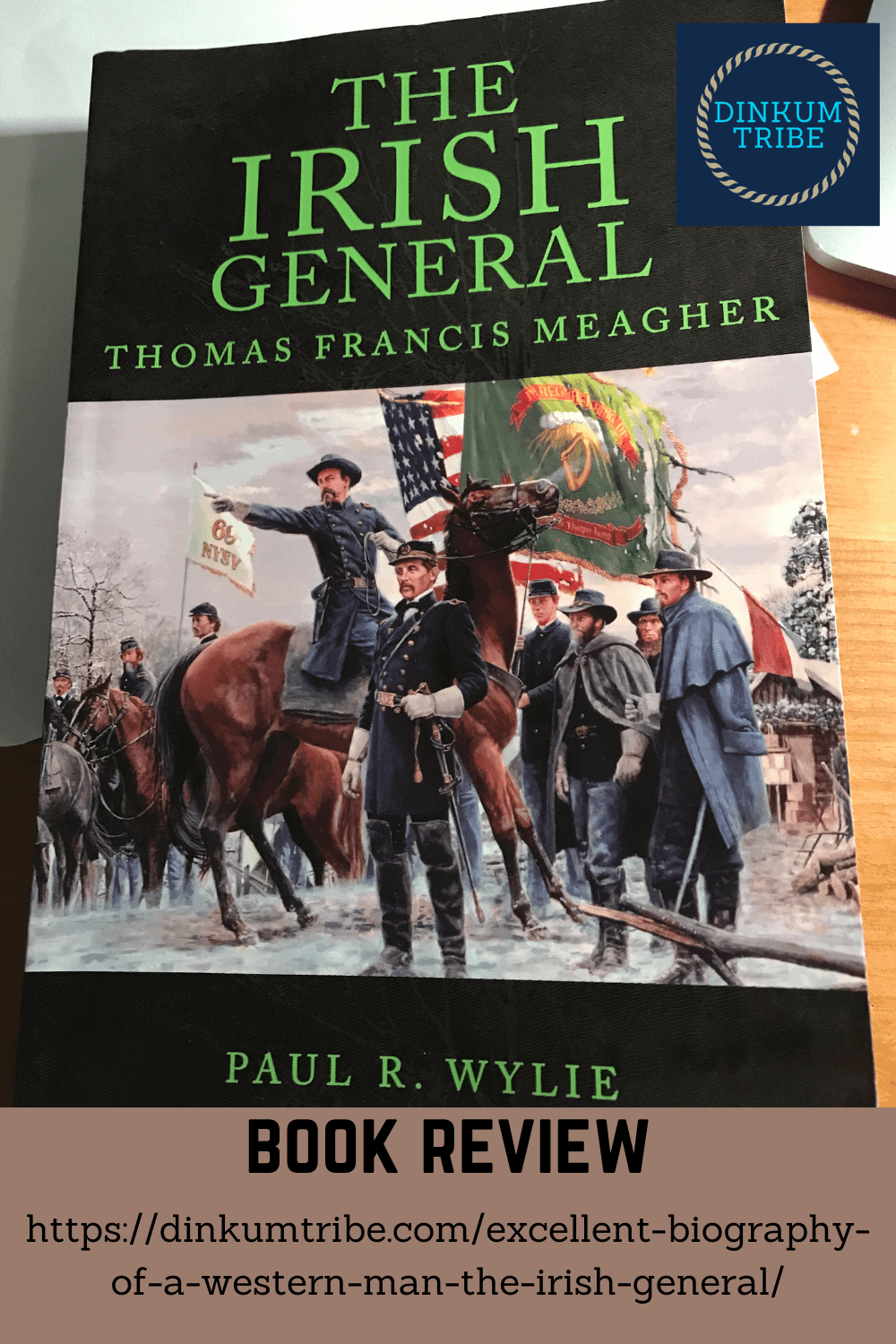As we concluded our visit at the Museum of the Rockies, I came across a book that said it all; The Irish General: Thomas Francis Meagher—Irish Revolutionary, Expatriate, Immigrant, Civil War General, and Montana’s infamous Territorial Governor. I hadn’t expected this kind of book, but it turned out to be just what I was looking for.
This post contains affiliate links. As an Amazon Associate I earn from qualifying purchases made from the links on this site, at no extra cost to you. Thanks for supporting our family business!

Table of Contents
We’d arrived in Bozeman, Montana on the twenty sixth day of what would be a twenty-eight day road trip. Our cross county trip had meandered through a wide range of lives and landscapes, highlighting the nuances of America and the deep complexities of the American West.
Where did the West begin—the Rockies, the Mississippi, or the Atlantic Coastline? Who could claim the West as their own—the Native American, the emigrant, or the immigrant?
This remarkable biography gives not only the storied life of a man, but the rich breath of color and curiosity that is the American West. Like the best biographies, this book is a tale of a man and the time in which he lived.

A Truly Western Life
Thomas Meagher’s life encapsulated the questions and concerns of the West in a way that few lives have. Born in Waterford, Ireland, his journey to Montana followed the trail of what would be the single largest land migration in history. This journey embraced a wide range of the forces that propelled it—poverty, prejudice, and politics.
To follow Meagher’s life is to step behind the curtain of nearly every significant event of the nineteenth century.
He lived the Revolutions of 1848, and the founding of Australia. He lived the wealth and squalor of Industrial New York, the senseless slaughter of the Civil War, and the ugly realities of frontier America.

Wylie’s treatment of Meaghers’ complex, controversial life is an admirable achievement. Though little known today, Meagher was an international figure beloved for his courage, despised for his ethnicity, maligned for his politics, ridiculed for his vices, and loathed for his doggedness.
Many loved him, more hated him, but everyone knew him—creating no small challenge for anyone who would desire to chronicle his life fairly. Wylie achieved this undertaking well, presenting us with the man himself, even in the context of the situations and society that surrounded him.

A Clear Picture
Finally, The Irish General reminds us of the messiness of the human experience, and hence the danger of sanitized history. The forces and motives that propel people and societies are multifaceted and frequently changing, requiring us to set aside our personal background, ask questions, and listen carefully.
True history—the kind of history we find Wylies’ book—cultivates a humility that woos us away from our platforms and into conversation with our neighbors.

© Copyright 2021 Brian A. Warren




Comments